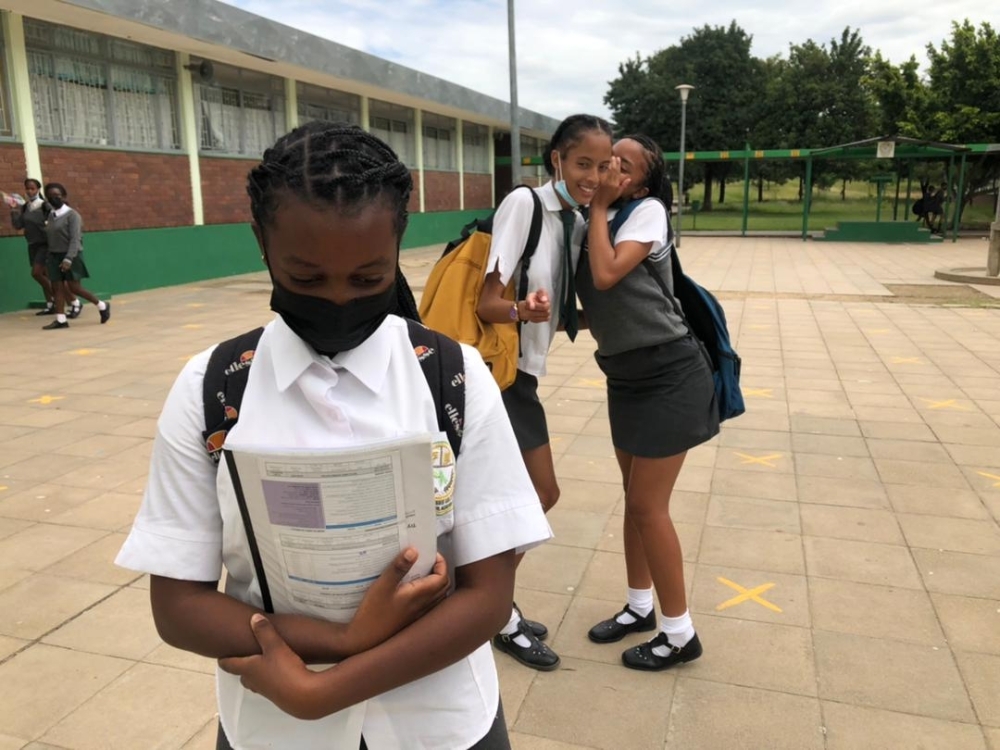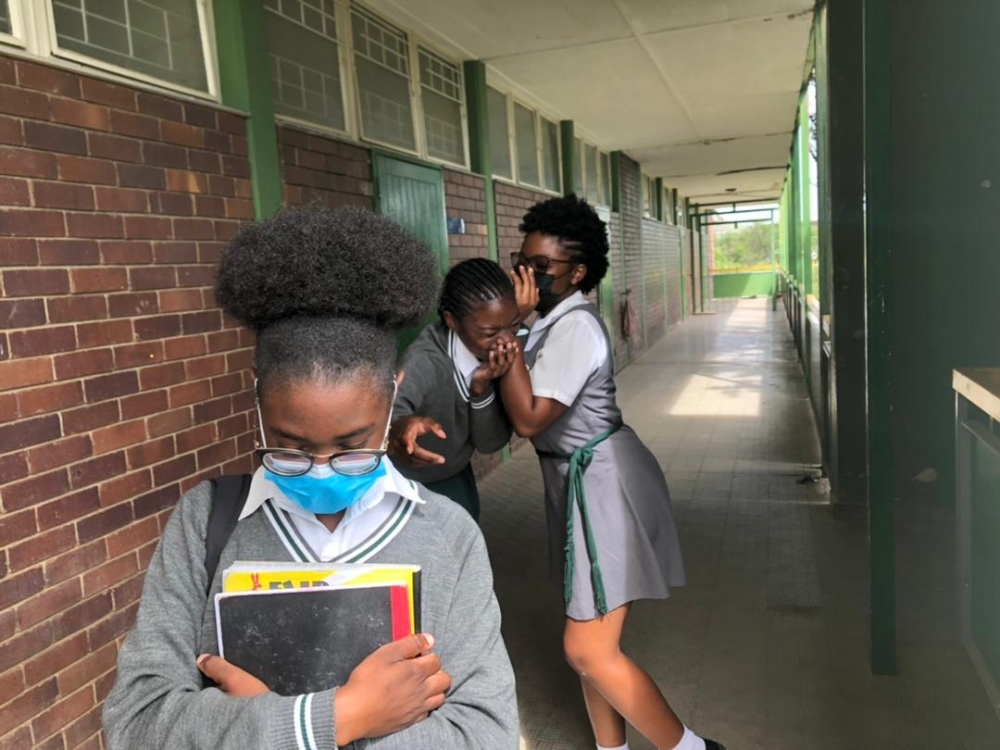The start to the end of bullying in Namibian schools
Bullying is something so many people experience and can occur anywhere. While school is supposed to be a safe environment for all learners, some tend to make life a bit more difficult for their fellow schoolmates.
The word bullying has become not only a regular one in our vocabulary but so has the offence in our daily lives and especially in that of Namibian learners. Giving it a name
“Bullying is unwanted, inappropriate and it’s wrong, no matter what form it takes. It is normally aggressive behaviour among school-aged children that involves a real or perceived power imbalance. Unfortunately, bullying is very common and happens everywhere,” said Marlette Brand, an educational psychologist.
It can involve an individual or a group misusing their power, or perceived power, over one or more persons who feel unable to stop it from happening.
“It happens daily. However, the severe cases happen about every three to six weeks,” said Jessica Ulrich, a life skills teacher at Delta Secondary School.
Types of bullying
Technology has taken over and bullying is now more diverse than ever, as cyberbullying is an ongoing issue. Cyberbullying can occur through text messages, on apps like WhatsApp, gaming where people can view, participate in, or share content, and on social media.
Ulrich mentioned electronic devices are not allowed at school, but that does not prevent online bullying from happening, adding that most of it happens in WhatsApp groups and on Instagram.
Cyberbullying includes sending, posting or sharing negative, harmful, false or mean content about someone else. It can include sharing personal or private information about someone else, causing embarrassment or humiliation to that individual. In some cases, cyberbullying crosses the line into unlawful or criminal behaviour.
Knowing the difference
It is of crucial importance to make sure learners in Namibian schools understand what bullying is and what it is not. Situations that might seem like bullying but aren’t include single episodes of social rejection or dislike, single acts of nastiness or spite, random acts of aggression, intimidation, mutual arguments, disagreements or fights.
These actions can result in distress; however, they do not fit the definition of bullying and they’re not examples of bullying, unless someone is consistently and repeatedly doing them.
“Bullying can have several effects on victims, but society tends to shed little or no light on the effects bullying has on the child that bullies other learners,” a former bully said.
Mental wellness defining your status as a bully
Learners who bully their schoolmates are more likely to abuse alcohol and other drugs, get into fights, vandalise property, drop out of school, engage in early sexual activity, have criminal convictions as adults and be abusive toward their romantic partners, spouses or children as adults.
Brand mentions that, on the other hand, learners who have fallen victim to bullying experience an increase in anxiety, depression, loneliness, eating disorders and substance abuse. It can also lead to self-harm or suicidal ideation.
The majority, if not all, victims of bullying are affected by it, regardless of whether it is visible to society or not.
“Unfortunately, it did have a big effect on my personality; it made me aggressive. I think that is my defence mechanism. I do not talk; my fists do the talking,” a victim of bullying said.
A very small number of bullied learners might retaliate through extremely violent measures. Furthermore, in order to understand bullying, we need to find the root or causes of it.
“The main causes of bullying can be numerous, but the bigger buckets can include bullies who were also bullied and now they have a lack of sympathy towards others; seeking social attention by trying to avoid their own loneliness and so hampering someone else’s mental health or physical health; frustration or envy, they may bully people who are doing better than them at something; shame, this can occur when the person bullying is ashamed by their low intellect or lack of ability to succeed in whatever they try,” Brand said.
Creating an environment where learners can feel safe to talk about his/her feelings in a comfortable way is very important because it can help not only the victim but also the bully, as putting feelings into words helps one use self-control when you feel down, mad or upset.
Brand stated that one should applaud learners for telling you or any other person about the bullying incident because they are usually very afraid of retaliation. Remember to be discreet when you tell the school/authority about it. Always emphasise the learner’s strengths, skills, talents and positive attributes and build on these. Ensure the learner’s safety.
Standing up for yourself
Ulrich and Brand agree that learners should stand up for themselves and if anyone feels like they’re being bullied, they should go to any authority figure and explain what happened.
“Even though we can’t totally stop bullying from happening to learners in Namibian schools, we can inform or equip our learners on how to deal with bullying and their particular situation at hand. In addition to that, shed light on the negative effects bullying can have on both the victim and the bully,” a victim of bullying said.
If you or someone you know are being bullied, speak out and be kind to one another because a nation that breaks one another down can never reach its full potential.





Comments
My Zone
No comments have been left on this article